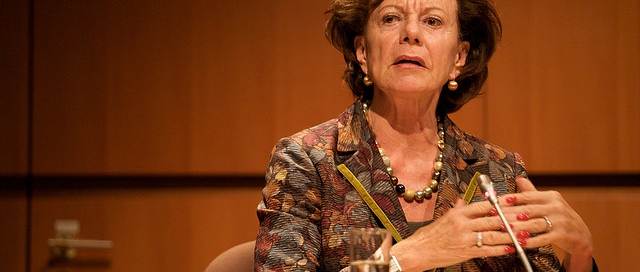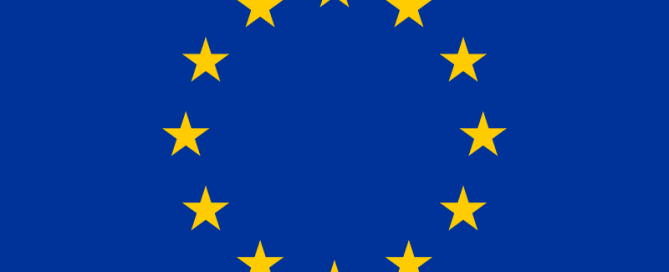Ofcom: New report published on Internet safety measures
A new Ofcom report was released today on family friendly network level filtering services and online safety. Following the request of the Prime Minister and DCMS in 2013, Ofcom is producing three reports that look at the take-up, awareness of and confidence of parents on filtering controls and strategies parents may take to better childrens’ online safety. This second report specifically addresses the implementation of the recommended policy by the Prime Minister.
The report looks at the progress of safety measures of the four major fixed line ISPs: BT, Sky TalkTalk, and VirginMedia, evaluating the scope of the filters, the implementation of network level filtering monitors, and the email notification systems ISPs use to update account holders. The report found that the ISPs have now completed the initial phase of family friendly filtering, successfully engaging new customers who join broadband service. The next stage will be to enrol existing customers, and is expected to be completed by the end of this year.
Articles on Child Online Safety:
Sonia Livingstone: Progress Report on Children’s Online Safety: More Risks, but also More Skills
Svenja Ottovordemgentschenfelde: An Experts’ Dialogue: Child Safety for the Online World
Sonia Livingstone: UK ISPs Launch Internet Matters Filters & Resources for Parents; Will they use it?
photo by Lars Plougmann CC BY-SA 2.0






